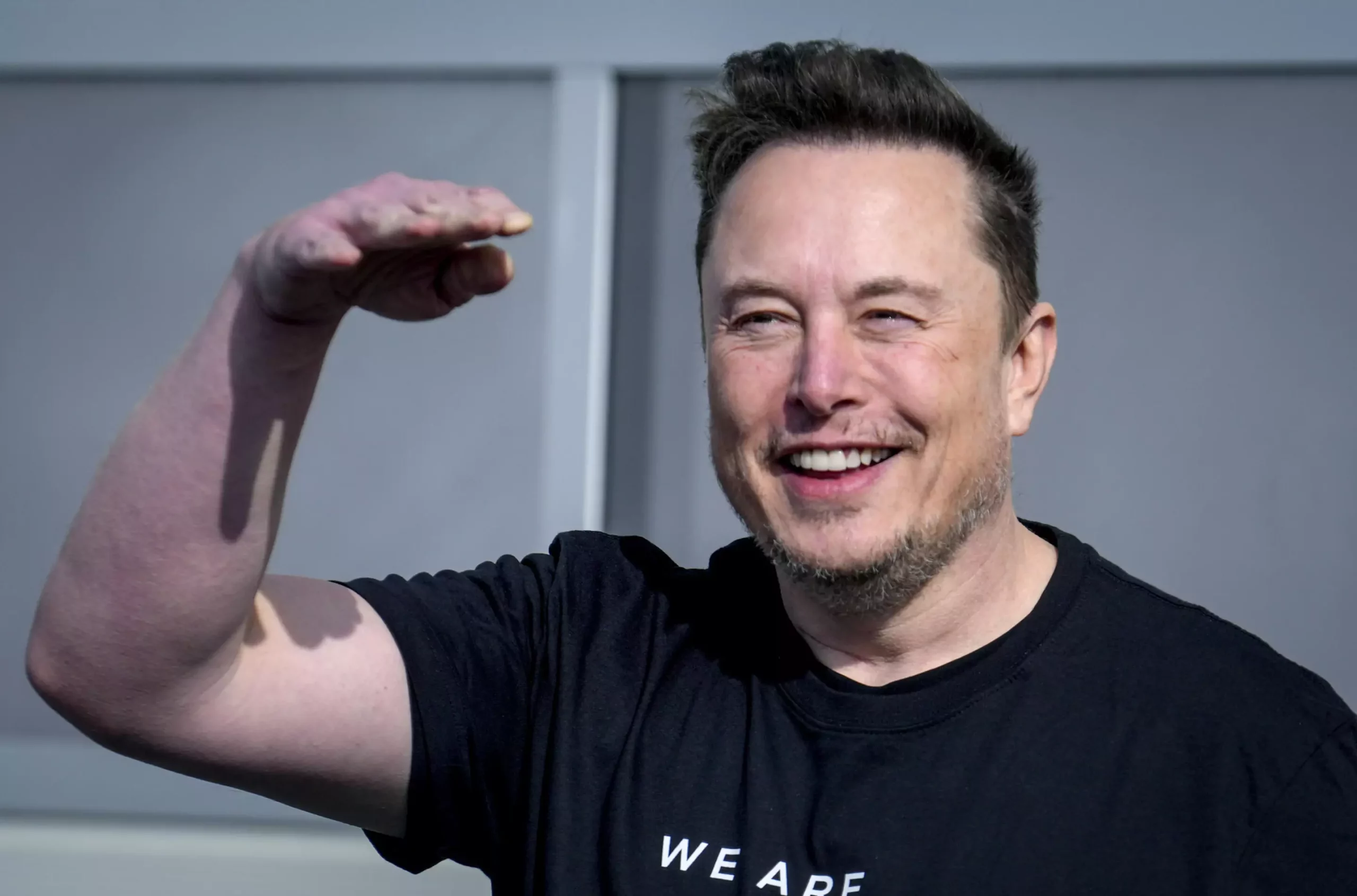Elon Musk’s record-setting Tesla compensation plan has sparked controversy and debate among shareholders and the public alike. While the median CEO pay in the U.S. is already significantly higher than the average worker, Musk’s compensation plan is on a whole different level. The approved 10-year pay plan is valued at a staggering $44.9 billion, making it the largest award to a CEO of a U.S. public company.
Comparison to Other CEOs
When compared to the median pay package for an S&P 500 U.S. CEO, Musk’s earnings are 275 times greater over a decade. This stark difference in compensation highlights the extreme wealth gap between executives like Musk and the average worker. Other CEOs, such as Hock Tan of Broadcom Inc., also receive substantial pay packages, but none come close to Musk’s potential haul of 304 million shares worth almost $45 billion.
The approval of Musk’s compensation plan has not been without its challenges. In January, a Delaware judge ruled that the process for approving the plan was “deeply flawed” as Musk controlled the company’s board and shareholders were not fully informed. Despite the reapproval vote from Tesla shareholders, there are still legal hurdles to overcome before Musk can access the stock options.
The ongoing controversy surrounding Musk’s compensation plan could have significant implications for Tesla as a company. Shareholders and stakeholders may question the fairness and ethics of such a lucrative pay package, especially in light of Tesla’s recent stock value fluctuations. The outcome of the court proceedings and potential appeals could impact Tesla’s reputation and credibility in the market.
The Widening Wealth Gap
The disparity between CEO compensation and the average worker’s pay continues to widen, with top executives like Musk earning billions while employees struggle to make ends meet. The skewed distribution of wealth raises important questions about income inequality and corporate governance. As the debate over executive pay intensifies, companies may face increased scrutiny and pressure to address these disparities.
Elon Musk’s record-setting compensation plan reflects the broader issues of wealth inequality and corporate accountability in today’s society. The controversy surrounding Musk’s pay highlights the need for greater transparency and fairness in executive compensation practices. As the debate continues, it is crucial for companies to address these concerns and ensure that pay packages are aligned with the interests of shareholders and employees alike.


Leave a Reply